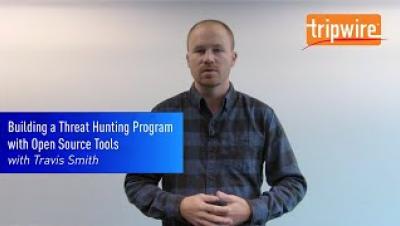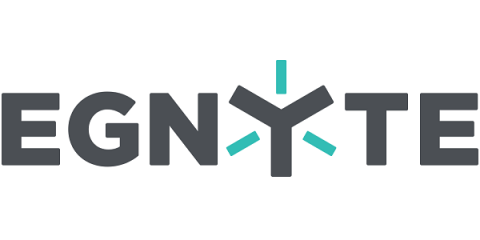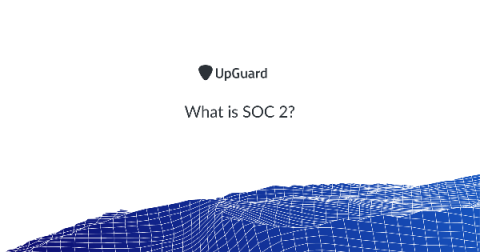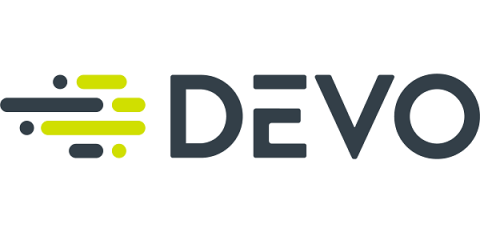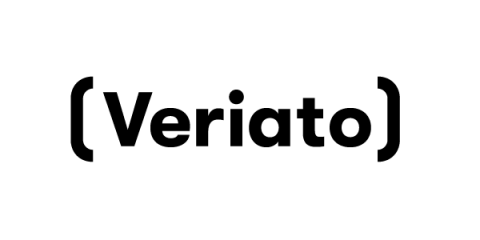Security | Threat Detection | Cyberattacks | DevSecOps | Compliance
%term
Managing and Responding to Advanced Cyber Risks in the Oil and Gas Industry
To protect the integrity and safety of their business-critical assets, cybersecurity must be a top priority for the oil and gas industry. Although they operate some of the nation’s most critical systems, securing these complex infrastructures can be a huge challenge.
A Look at Data Security in the Next 5 Years
There are 2.5 quintillion bytes of data created each day, resulting in your company’s digital footprint quickly growing at an exponential rate year after year. The scale and velocity of this growth creates a struggle for how organizations manage and secure all of that data. Unstructured data poses a unique challenge. Forty percent¹ of businesses say they need an effective way to manage their unstructured data on a daily basis.
Cyber Threat Intelligence Framework
Undoubtedly, today’s cyber threats are very fast and sophisticated. Even their detection and prevention is no longer an easy task. To prevent organizations from being a victim of cyber threats and attacks, a proactive cybersecurity approach must be used. That is the reason the Cyber Threat Intelligence (CTI) framework comes into place. CTI has become a critical tool for organizations trying to protect their networks and infrastructure.
5 Container Security Risks Every Company Faces
Over the course of the past 10 years, traditional application development methodology (waterfall) has given way in favor of the more agile DevOps-centric methodologies focused on continuous delivery and continuous deployment. This trend was turbocharged in 2013 when Docker containers came onto the scene and ushered in the proverbial crossing of the chasm in container adoption. A recent Tripwire study revealed that 87% of surveyed organizations had containers deployed in production.
Weekly Cyber Security News 18/10/2019
A selection of this week’s more interesting vulnerability disclosures and cyber security news. From time to time we hear stories of supply chain infections, and they tend to affect a low but still significant number of projects. A team though have gone a bit further in seeing how far they could take it. The results are sobering.
What is SOC 2?
Service Organization Control 2 (SOC 2) is an auditing standard developed by the American Institute of Certified Public Accountants (AICPA). It is designed to ensure service providers and third-party vendors are protecting sensitive data and personal information from unauthorized access.
Why SIEM is here to stay: Part 2
Organizations are stretched thin managing increasingly complex environments and ever-expanding threat landscapes. At the same time, adversaries are becoming more organized and sophisticated, resulting in more complex and advanced threats. The current workflow in the Security Operations Center (SOC) – how data is analyzed and acted on – is simply not working. There are too many tools, not enough visibility, and burned-out analysts.
Vulnerability Management and SOAR
Being one of the most important practices in cyber security, vulnerability management is a rather involved process that requires your time and resources. In this article, we will take a closer look at how SOAR solutions can help you in the process of vulnerability management.
Cybersecurity Trends in Agriculture
The agriculture sector is a staple of critical global infrastructure. We need food to survive as human beings, and a loss of access to these assets could be physically and emotionally detrimental to hundreds of millions of people. The sector is made up of numerous organizations that support critical functions such as growing crops, raising animals, and harvesting fish and other animals from a farm, ranch, or their natural habitats.


